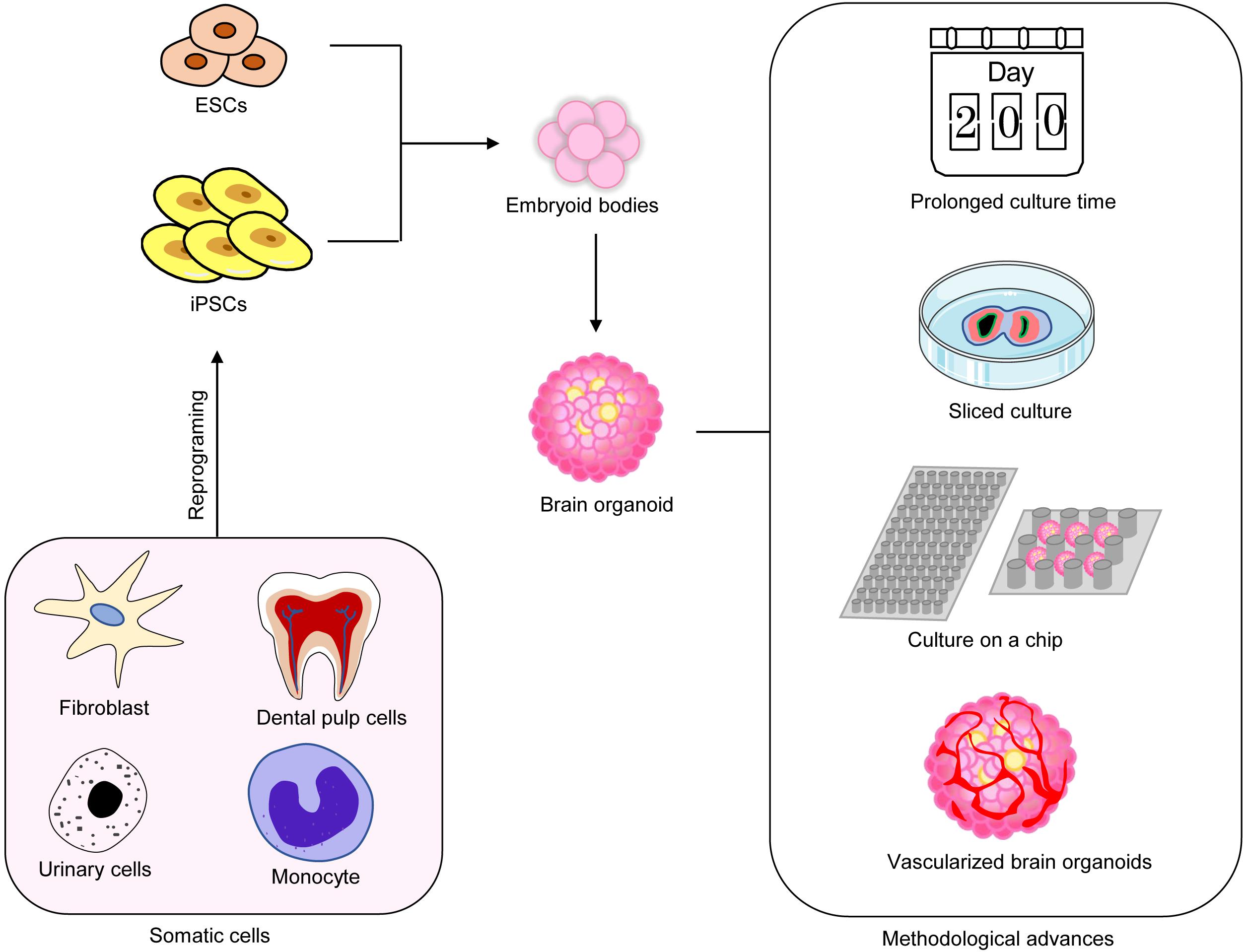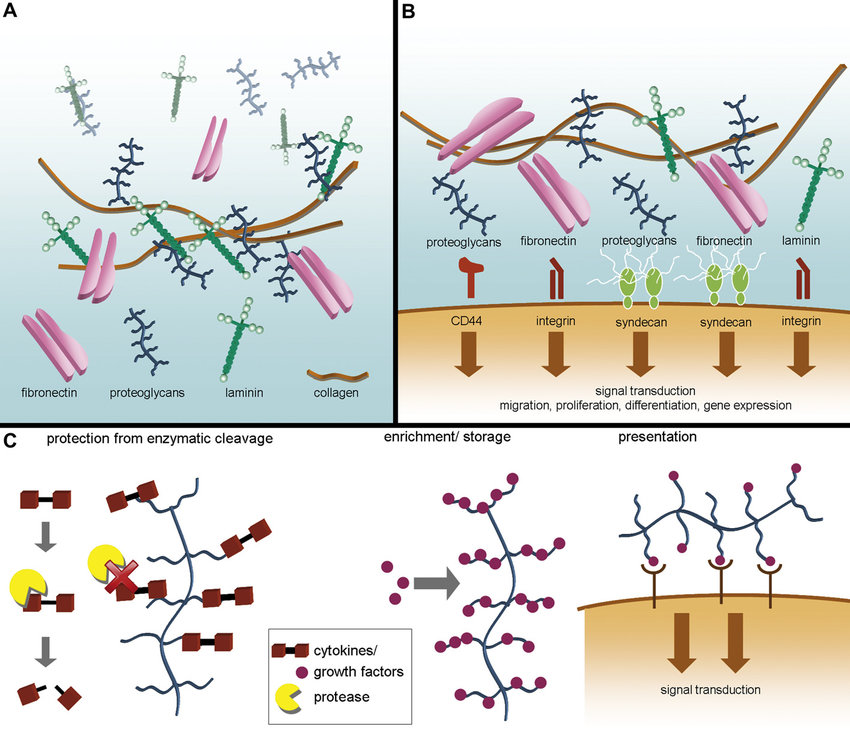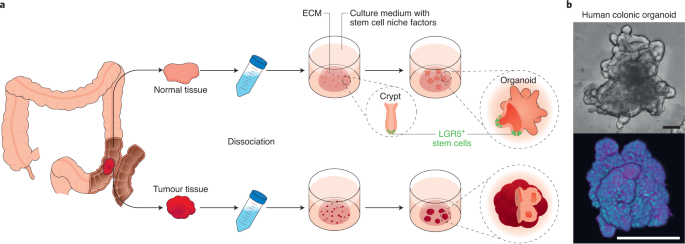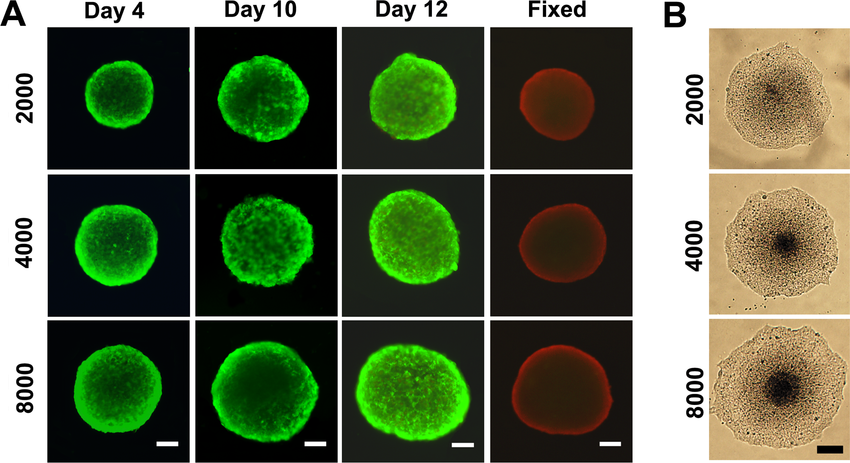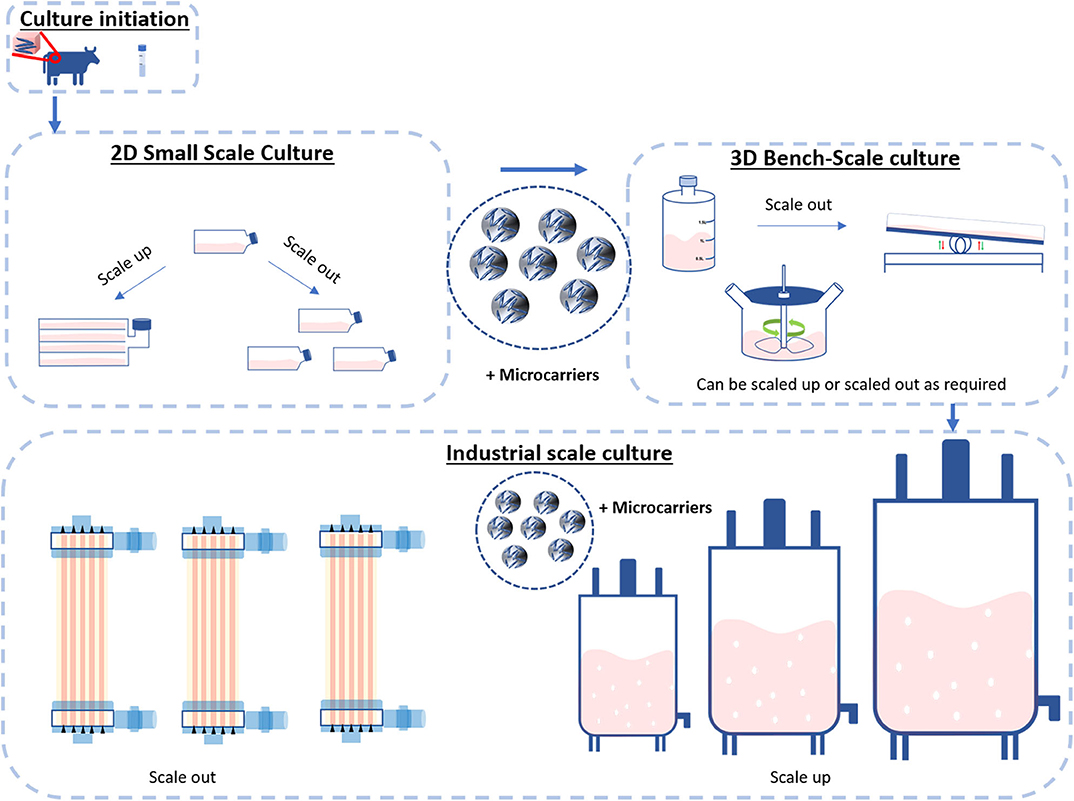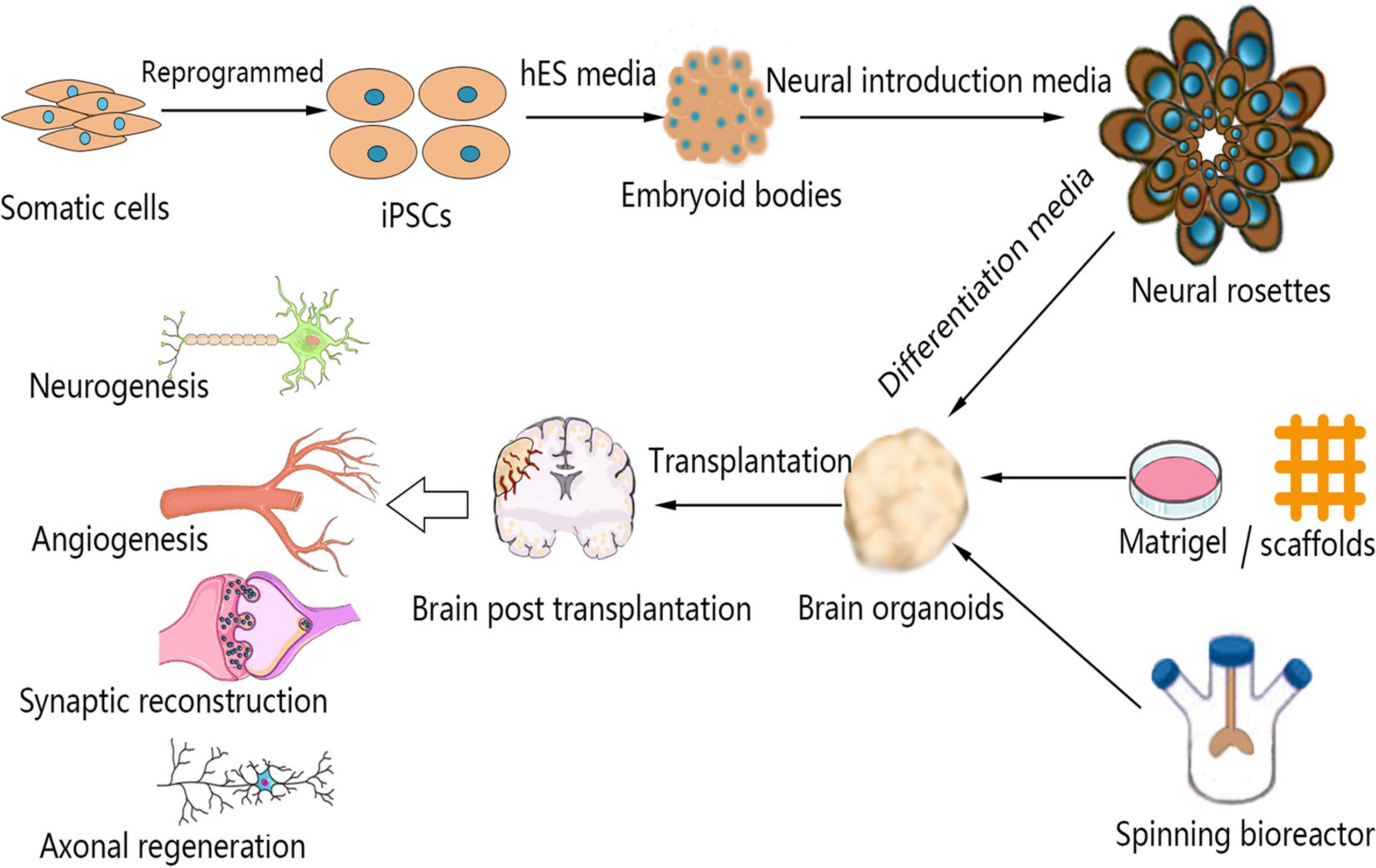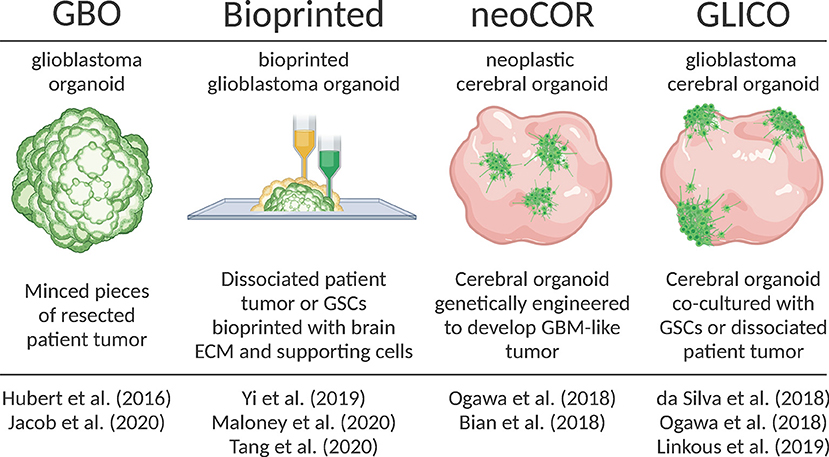Increasing Cellular Complexity Of Organoids
To address the modelling of cell-to-cell communication with the cell population and the development of vasculature in organoid system, significant progress has been achieved with blood vessels organoids which shows a great potential to impact research into vascular diseases. Despite
Influence of ECM Composition on Cell Phenotype And Drug Response
Drug development is often a lengthy and costly process. Despite the technological advancements made in this regard in the past century, it still has low success rates in clinical trials. Presently over half of drugs that make to Phase 2
Tissue Microenvironment Factors Affecting Cell Behaviour And Drug Response
The many failures encountered in drug discovery processes have propelled the advancement of reliable research platforms to better mimic in-vivo like cellular structure and function thereby obtaining physiologically relevant cellular responses to drugs. To this end researchers have focused on
HUMAN DERIVED ORGANOIDS TO STUDY INFECTION BIOLOGY
A human model system is preferable to animal models when studying infectious diseases pathogenesis because pathogens often have a narrow species or tissue tropism, meaning that they infect only certain species and sometimes certain cell types. For decades there were not
Bridging The Gap Between Three-Dimensional Cultures and Animal Models
Animal models for specific diseases require a pre-existing insight into whether it’s the causative or a genetic condition. They are created by applying harmful conditions to animals or by manipulating the genes involved for a particular disorder respectively, whereas three
INTERACTION OF ORGANOIDS WITH ENVIRONMENT
Human organoid system fundamentally mimic a part of the human body but not the entire body. Organoid system lacks the interorgan communication. Therefore, human organoids are limited to reproduction of organ-specific or tissue-specific micro physiology, a limitation to bear in
Analysing Drug Response in 3D Spheroid Culture Models
Spheroid models used in drug screens offer the benefit of a physiologically relevant biological model to allow for screening of cancer killing therapeutics or drugs toxicity to host cells. Spheroid culture systems are easy to use, modifiable, adaptable to standards
In vitro cell culture techniques: Adherent culture Vs. Suspension culture
The wide ranges of in vitro culturing techniques presently employed are divided into two main categories namely, adherent cell culture and suspension culture. Adherent cell culture involves cultivating cells as monolayers on an artificial substrate. Suspension culture involves culturing cells
Brain organoids: neural development and neurological diseases
A brain organoid is a self-organizing three-dimensional tissue structure derived from human embryonic stem cells or pluripotent stem cells. They show the ability to stimulate the architecture and functionality of the human brain. Recent publications have reported that brain organoids
Generate Glioblastoma Organoids
Hubert et al. were the first to report culturing glioblastoma as a more complex organoid composed of multiple cell types rather than relatively homogenous 3D spheroid. They had successfully created these GBM organoids from patient derived primary cultures, xenografts and


